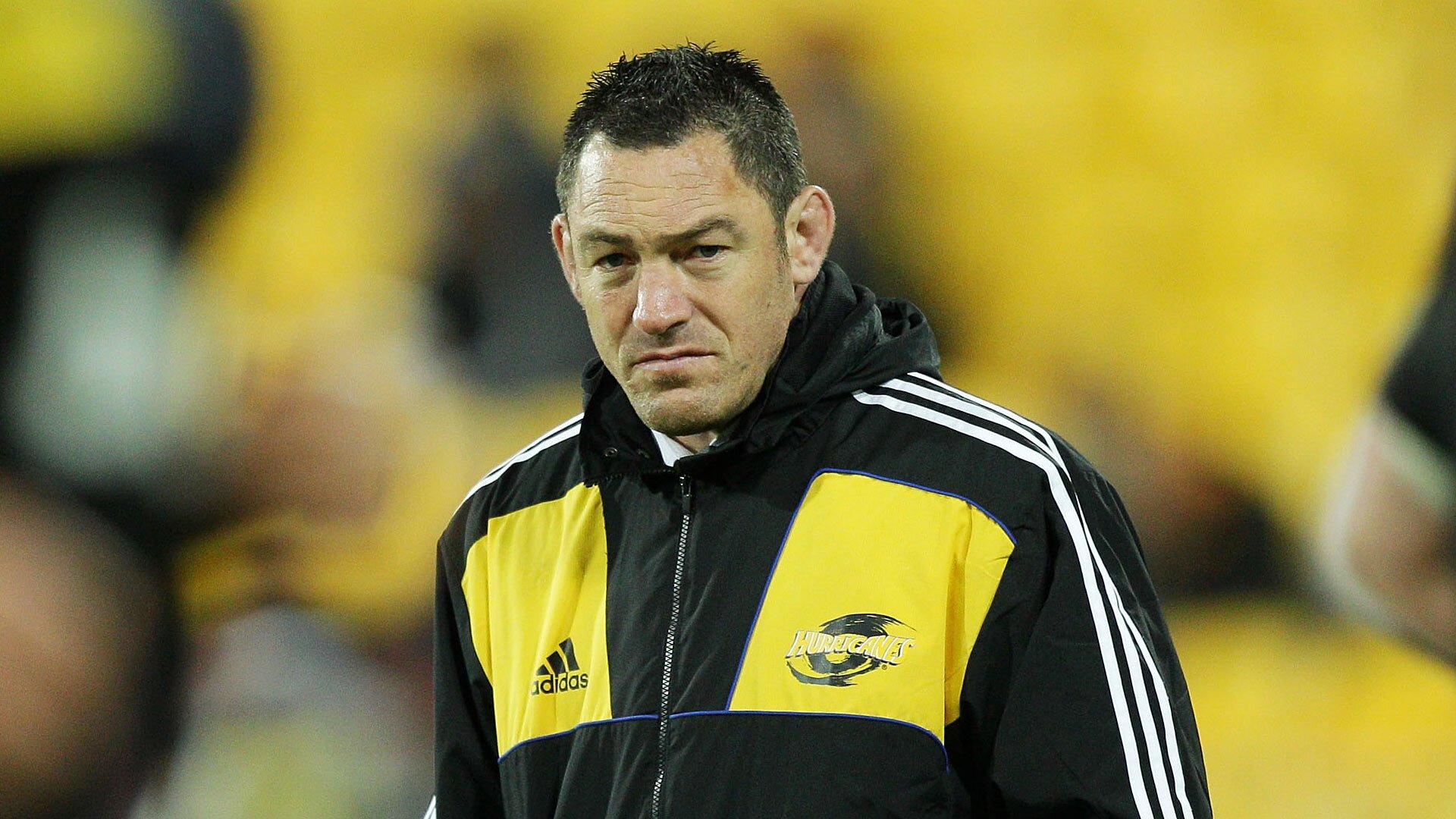Welsh captain reveals Hammett's iron-fist warning to Cardiff players 'I got rid of Andrew Hore and Ma'a Nonu'

Former Wales captain and hooker Matthew Rees has opened up about the ill-fated appointment of ex-Hurricanes coach Mark Hammett at the Cardiff Blues in his new book, Matthew Rees: Reasons2Smile.
Hammett joined the Blues on a three-year deal in 2014 but lasted just six months before resigning.
Rees details his first interaction with the former All Black and Crusader shortly after his arrival, which started the relationship on the wrong foot. Hammett wanted to take an iron-fist approach to turn the Blues around, which caused strained relationships with senior players.
“The first time I met him was when I went to the Hilton Hotel in Cardiff with Richard Holland, the chief executive at Cardiff Blues, who had arranged a meeting with him and Warren Gatland. He proceeded to talk to us about his own ethos regarding the game, his plans for the Cardiff Blues and how he wanted us to play,” he wrote.
“After the initial pleasantries had been exchanged, Hammett asked me bluntly: ‘How close are you to Gethin Jenkins – are you mates?’
“I replied by saying I’d known Melon since junior rugby and we were good friends. What he said next, I couldn’t believe – he asked me if I felt that Melon needed to change as a character.
“I was stunned: a man who’d been on three Lions tours, played for his country for many years and captained them many times, and was so highly thought of by his peers, and I was being asked if he needed to change.”
After telling Hammett he didn’t need to change, he allegedly replied with: “Bear in mind, I got rid of Andrew Hore and Ma’a Nonu at the Hurricanes,” firing a warning shot to Rees that he will do whatever he thinks necessary.
“The message I took from that was that it was going to be his way and no compromises, no matter what your status in the game,” Rees wrote.
“Hammett should have been interacting with influential senior players, explaining what he wanted and building up a leadership group to aid him, not alienating them.”
Hammett faced a player-led revolt shortly into his tenure, and Rees and Jenkins meet with him to talk through the team’s issues.
“Melon and I did have a meeting with Hammett, but when we advised him that the players were not happy, his initial response was that if players were not happy, they could leave.
“I remember asking him: ‘What, every one of the players can leave?’.”
Hammett’s plans for a Blues revival included strenuous workloads on the players, that were unproven for the length of the Northern Hemisphere season which lead to the problems.
He admitted to Stuff.co.nz in response to Rees claims that he “probably tried to move things too quickly” and that he took learnings from the experience.
“In hindsight, I think I probably tried to move things ahead too quickly, with regards to player workloads and gameplans/techniques, without understanding the nature of the northern hemisphere competition and the culture of the club.
“This was a big learning I took out of my time there and have taken those learnings into all my future coaching roles since.”
After leaving Cardiff, Hammett returned to New Zealand but then took up the head coaching role with the newly formed Sunwolves. After one season, Hammett returned again to New Zealand to take up assistant roles with Tasman and the Highlanders.
In other news:
























































































